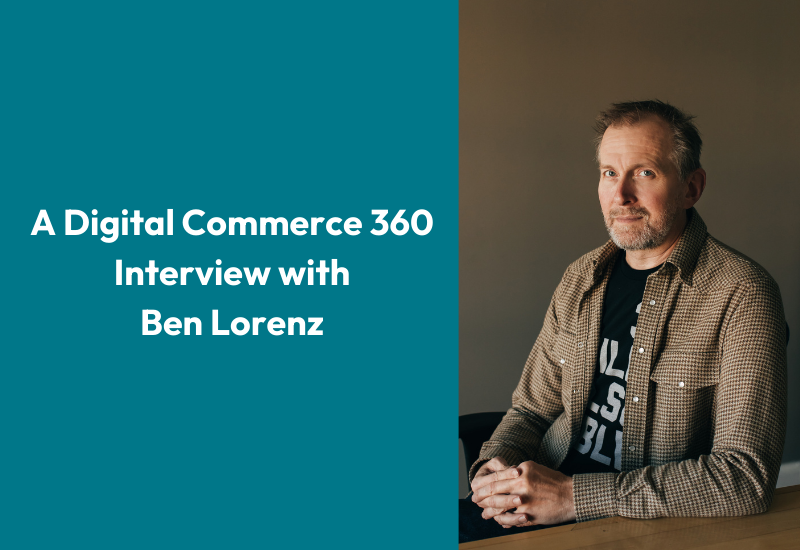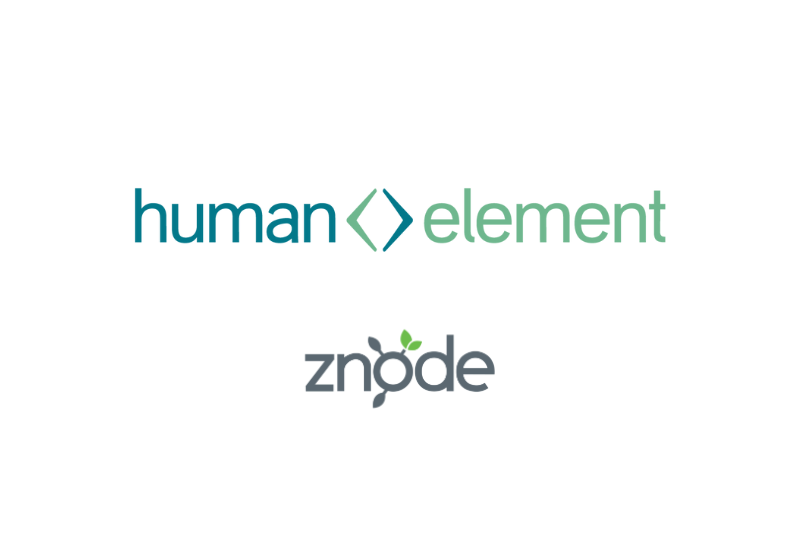As part of its eCommerce Platforms Report, DC360 interviewed Human Element Managing Partner, Ben Lorenz, about the latest trends in eCommerce platforms. Click here to get the full report or watch the video interview below.
eCommerce platforms are constantly changing. As they continue to innovate with new tools and tactics to boost sales — including AI-generated content — retailers need to integrate new systems to upgrade their eCommerce websites. From there, they can capitalize on what the platform offers to create smooth experiences for their customers. To discuss how merchants select eCommerce platforms, Digital Commerce 360 spoke with Ben Lorenz, managing director and co-founder at Human Element.
How do an eCommerce platform’s features factor into when a merchant should upgrade?
We’re reaching this bell curve where we’re starting to get a lot of feature parity between the eCommerce platforms that are out there. We’re entering an age where upgrading to an eCommerce platform falls under either a return on investment decision, or a comfortability factor with the team. And so right now, we do a lot in terms of determining what the return on investment is, what the total cost of ownership is, and how the licensing works out between each one of the platforms.
How does Human Element go about creating more user-friendly, self-serviceable customer experiences for its clients’ eCommerce sites?
We’ll do a conversion analysis first. We’ll use analytics to do this, and we’ll see where in the purchase process people are falling off. It could be a time-on-task issue, or it could be a time-on-page issue that doesn’t lead to a conversion. You need a human in place to start to digest that information, understand what type of tests, what type of factors you’re looking for that will smooth the transaction out — so you can convert at the best rate possible. One thing eCommerce platforms in general are doing very well is they have built off-the-shelf templates that are already taking advantage of some of these types of things.
eCommerce platforms’ investments in artificial intelligence continue to grow. Where does AI matter most at the moment?
On the software level, there are some helpers within the coding platforms we use. We use a system that allows a plug-in for AI to generate repeatable tasks. If our coders are working on building a form inside of a web page, the AI assistant will say, “It looks like you’re trying to build a form. Just tell me what the fields are and we’ll build the form for you.”
On the marketing level, product-description details are becoming AI-driven, so we don’t have to manually write descriptions for 10,000 products. It’s also getting some traction in search engine optimization (SEO) — how you’re tagging pages and keywords. It’s recognizing and can change those elements on the fly to represent what searches are coming in.
How might merchants decide which platform makes sense for their businesses?
You can draw the line by assessing how comfortable you are as a company with having a software-as-a-service (SaaS) product. You technically don’t have a tangible product, so we see customers balk a little bit at that. In the case of B2C customers, it’s a lot easier to go with shared base code. On the flip side, a B2B customer has some pretty highly customized rules, and so the eCommerce system has to play nicely with how the ERP system wants to do things like negotiated pricing.
Almost any platform can do the job you need it to do. The hardest part is finding a partner in a systems integrator you can work with, that you trust, and that you feel is a part of your team. That selection process is as important as a platform discussion.
For more information on the latest trends in eCommerce platforms, read the full report..



